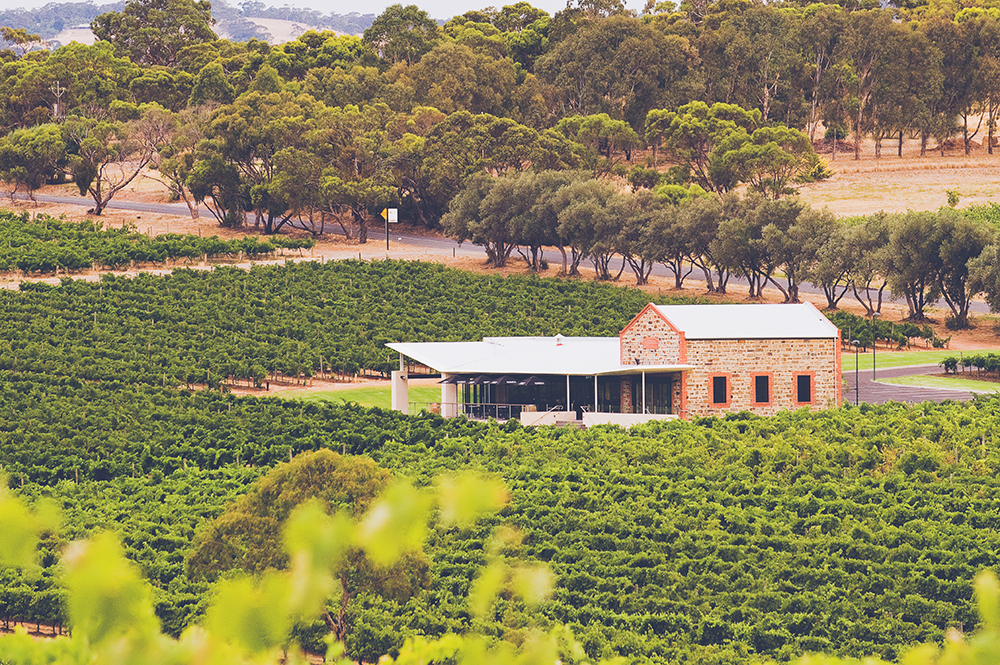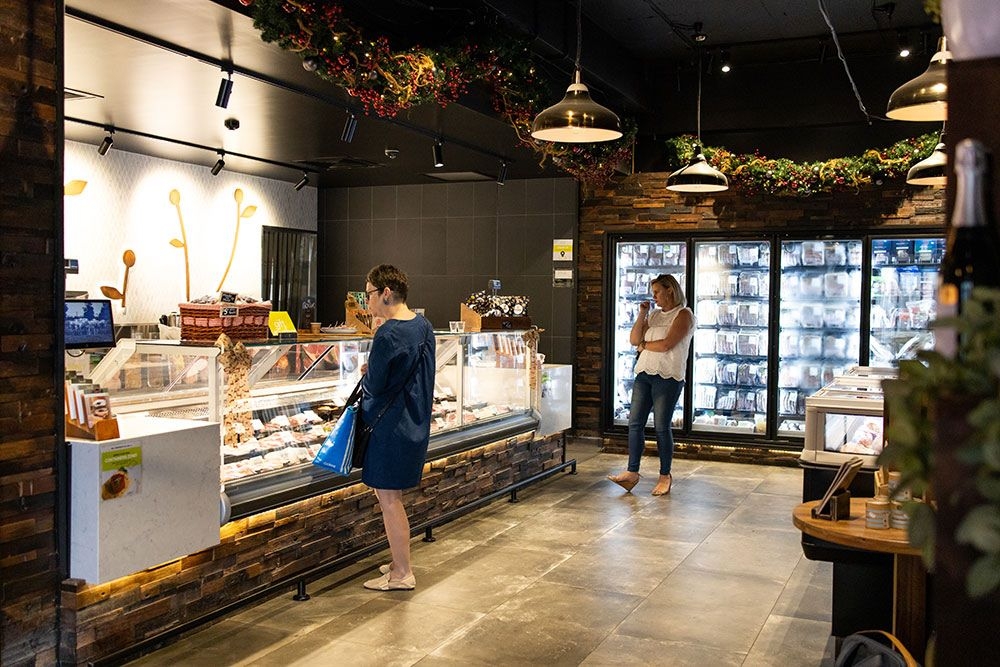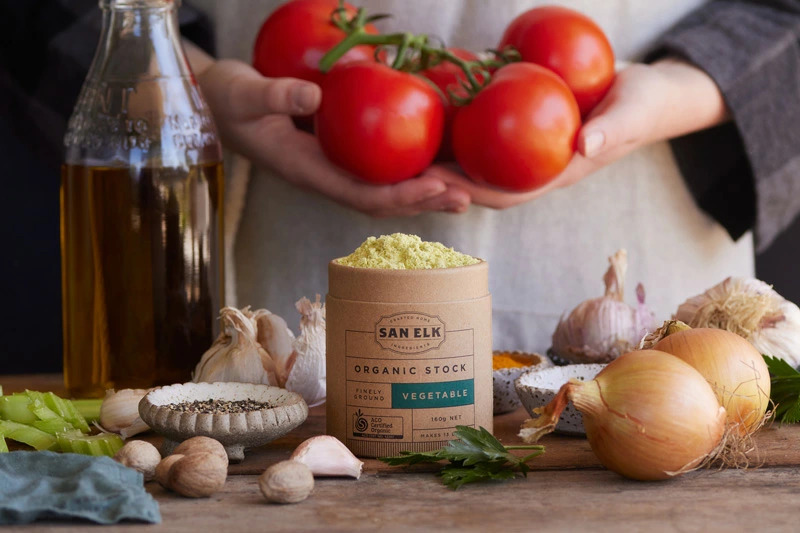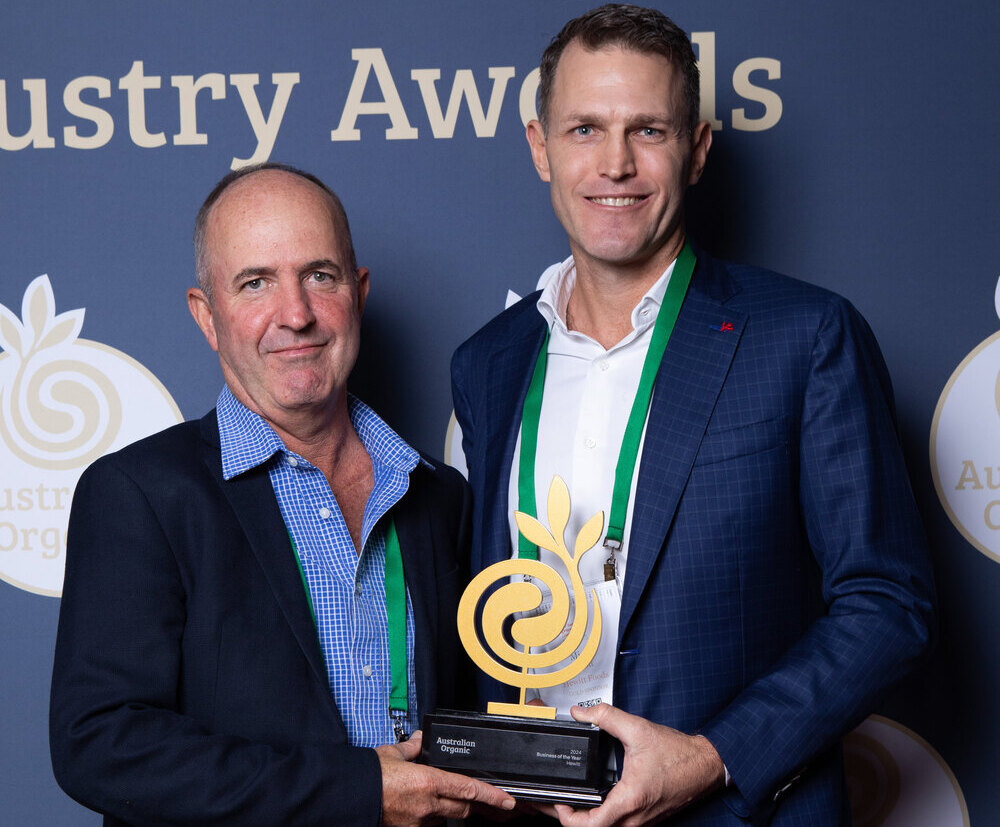AUSTRALIA’S largest organic wine producer has backed calls for the introduction of a standardised domestic regulation for the sector to protect markets and ensure consumer confidence in the organic products they buy.
Angove Family Winemakers operates across two vineyards spanning 300ha in South Australia’s rich McLaren Vale and Riverland regions, and last year experienced a lift in revenue of $5.5 million to $7.6 million due to a surging domestic and global appetite for organic wine.
Managing Director, Victoria Angove, who is a fifth-generation wine producer, said she held concerns for consumer confidence in the entire organic sector without a regulation for the consistent use of the word “organic”.
“At the moment, there is no domestic regulatory legislation requiring producers claiming organic status in their branding or communication to be independently audited by a third-party for their products. This means that for a producer making misleading claims it is very difficult to see them being held to account,” she said.
“There is a loophole there and we would like to see it closed. We need claims of being organic validated by formal certification.
Ms Angove is a member of the Industry Advisory Group, which was established by Minister for Agriculture, David Littleproud in December 2020, to consider if Australia’s current domestic organic regulatory system was fit for purpose.
Chief Executive Officer of peak industry body, Australian Organic Limited (AOL), Niki Ford, who also sits on the Advisory Group, said without domestic regulation, Australia could not grow existing markets to their full potential or reach new global or domestic customers.
“Australia has a thriving $2 billion organic industry that is ideally positioned to meet burgeoning demand for organic product from both local and international markets,” Ms Ford said.
“A mandatory standard will streamline exporters’ access to more markets, and reduce the burden of having to pay separate fees and meet specific regulations for each individual customer nation.”
Ms Angove’s business has experienced firsthand these extra hurdles when securing international contracts, having had to acquire specific certification for the United States, Canada, China and the European Union.
“Domestic regulation will mean Australian certified organic producers are in a better place to gain organic certification equivalency in other countries, which will reduce the double handling and dual audit processes currently running between nations,” she said.
Australia not only lacks a standard regulatory framework but is also home to numerous organic certifying bodies which are self-governed and operate under varied audit practices.
Angove Family Winemakers chooses to use Australian Certified Organic (ACO) and The Bud trademark logo for certification and has been certified by ACO for 15 years.

Ms Angove said The Bud could be considered as a potential national mark for certified organic goods, as it already had widespread recognition.
“We see The Bud as being the true identifier for our certification and the symbol being a trust mark which resonates with our consumers,” she said.
Ms Angove said the confidence The Bud provided was complemented by the flavourful taste organically produced wine delivers.
“The flavour attributes of a holistic farming approach cannot be understated, and our wines have beautiful fruit-driven flavours that are unique to our healthy and sustainable growing practices,” Ms Angove said.
“However, for our industry to reach its full potential we need the support of a domestic standard for regulation to ensure all operators are doing the right thing and to instil confidence in our customers that the produce they are buying from Australia is the best in the world.”
